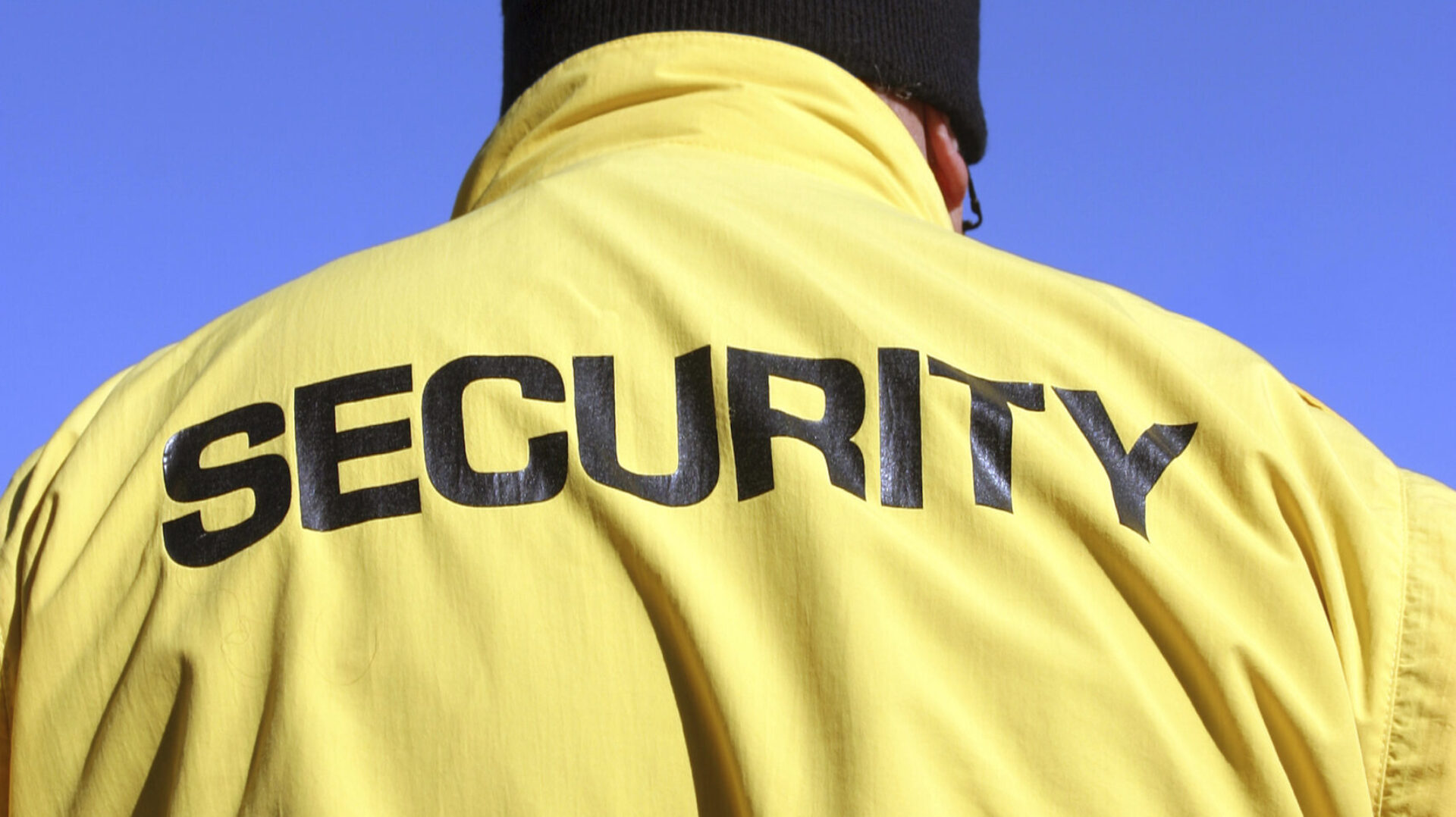Security guards stand at the front lines of danger every single day, protecting businesses, communities, and individuals from threats that most people never see coming. Yet, when tragedy strikes, when a guard is assaulted, shot, or injured in the line of duty, society often looks the other way.
The recent stories of violence against security personnel, like the Salt Lake City guard allegedly held against his will (source) or the guards who experience on-the-job trauma and are left to fend for themselves (source), highlight a glaring truth: Security guards are underappreciated, underpaid, and left unprotected by the very system they serve.
Security Guards: The First, First Responders
While police, firefighters, and paramedics are hailed as heroes (and rightfully so), security guards are often the first to respond to danger or medical emergencies.
When someone clutches their chest in a mall food court, a security guard is there performing CPR before paramedics arrive.
When a violent individual starts attacking customers at a store, a security guard is the first to intervene.
When threats arise in private properties, workplaces, and venues, security guards are the ones protecting people, often with no backup, no weapons, and no recognition.
Yet, unlike law enforcement or medical personnel, security guards are not considered first responders. That means they don’t receive the same benefits, protections, or support when they are injured or traumatized by the job.
The Industry’s Broken System
Security work is notoriously underfunded—contractors bid for contracts at the lowest price possible, and as a result:
Wages remain low
Training is minimal
Benefits are rare
Equipment is outdated or non-existent
Most security personnel are not even given radios to call for help. They are expected to handle emergencies with their own personal cell phones, which are often damaged or stolen in violent incidents.
The financial and emotional toll of the job is staggering. Guards who are assaulted or shot on duty often face massive medical bills and rehabilitation costs, but who pays for it? Not the private companies that hired them. Not the businesses they risked their lives for. Most of the time, it falls on the guard themselves.
Security Guards Deserve Better
Security personnel don’t take this job by accident. They choose it because they care about keeping people safe. But they are often treated as:
Failed cops who couldn’t make it in law enforcement
Expendable workers who are easy to replace
Third-class citizens who are expected to take abuse without complaint
The truth is, most security guards are deeply connected to their communities. They are neighbors, volunteers, parents, and church members. They sacrifice daily for the safety of others.
The Path Forward: Change Must Happen
It’s time for real changes in the security industry, including:
1. Recognizing Security Guards as First Responders
Security guards should legally be recognized as part of the first responder system, with all the rights and protections that come with it.
2. Better Wages & Benefits
Laws should regulate security wages, ensuring that guards are paid a living wage with proper health benefits and workers’ compensation.
3. Proper Training & Equipment
Guards should be trained in de-escalation techniques, given proper protective equipment, and provided communication devices to call for help when needed.
4. Trauma Support & Aftercare
Guards injured on the job should have access to mental health support, physical rehabilitation, and financial assistance, just like police, firefighters, and paramedics.
A Call to Action
The bravery and sacrifice of security guards cannot continue to be ignored. Every day, we step into dangerous situations, we de-escalate conflicts, and we respond to emergencies before anyone else arrives.
It’s time for society to step up and fight for the respect, protection, and compensation that security personnel deserve. No more discarded guards. No more abandoned heroes.
Because without us, who would be the first to protect you?
